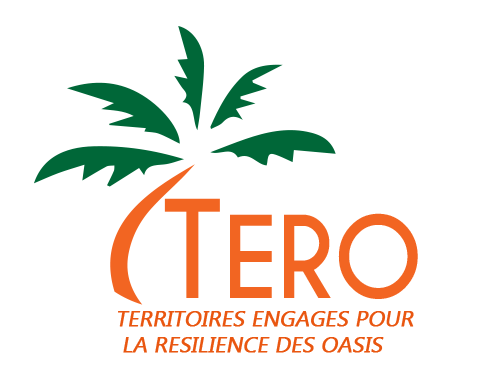Water is one of the essential resources for the survival of human beings. This resource is distributed in an unequal way. While one part of the world wastes water in abundance, the other part is critically deprived. Of course, there is no doubt that geography is naturally unequal, but sometimes it is not, because politicians get involved.
Today is International Water Day, celebrated every year on March 22nd. It is within the framework of this day that “Campagna Amica” in collaboration with FOCSIV is launching a reflection on the issue of water, which represents a fundamental good for humanity.
The mission of this day is to encourage progress in public water management policies. It is also a day that aims to raise awareness and better inform the general public.
This year 2019, World Water Day has the theme “Leave no one out”. This is an adaptation of the main promise of the Sustainable Development Programme to 2030 adopted by the United Nations General Assembly on 15th September 2015. Among the 17 objectives of this programme, n°6 is to “Guarantee access to water and sanitation for all and ensure sustainable management of water resources”. Everyone should be able to benefit from the progress made in sustainable development.
Currently, there are billions of people in the world who lack clean water and struggle to survive and develop.
The European continent is not an exception to this situation too. Sources of water supply are currently a concern for at least half of the EU population. According to the report of the European Environment Agency, it is stated that in many parts of Europe water is overexploited. Tourism, with the multiplication of new recreational spaces and the impact of the agricultural sector on water supplies, is leading to an increase in water use. There are huge differences in the distribution of water resource consumption across the continent. Competition for water resources poses a risk to the economy, communities and the ecosystems on which they depend. If climate change continues to generate high average temperatures across Europe, water scarcity is expected to increase in many regions. Especially in the Southern areas, where water scarcity is more critical, with agriculture accounting for 60% of the total water withdrawn and reaching 80% in some regions.
Despite the many rivers, (Congo River, Nile, Niger, Senegal…), Africa remains the continent where people have little access to drinking water due to poor resource management. In the future, it will therefore have to take up the challenge of mobilising renewable water resources and protecting them to guarantee sustainable services.
Many projects are struggling in this area. In particular, the TERO project is underway to raise awareness for the preservation of water areas and traditional oases. Experience shows that by improving access to water and helping farmers manage water resources more efficiently, it is possible to increase the resilience of communities to climate change and environmental shocks. The involvement of young volunteers in the oases’ environmental preservation activities will contribute to the 13th sustainable development objective, i.e. to identify measures relating to the fight against climate change in particular, and in general to Agenda 2030.
Finding solutions to preserve water is of vital importance to the whole world. It is therefore necessary to learn how to save water and manage available resources more efficiently. It is also essential to avoid waste and misuse of reserves by developing, in particular, recycling capacities.
The importance of water is essentially crucial for primary needs and for productive sectors such as energy and especially agriculture, which employs nearly 80% of the population of the African continent. Political leaders should increase their efforts and means in solidarity, cooperation and collaboration to protect water resources and safeguard the environment.
In general, let’s change our behaviors and ways of consuming water to avoid the accumulation of goods. From food and energy security to human and environmental health, water contributes to improved social well-being and equitable growth. Thus, the protection of natural resources provides each human being with true and lasting satisfaction of needs, playing an important role in the stability of the whole system.
Brigitte Togo, Mali
Rondine Association Volonteer at FOCSIV.


